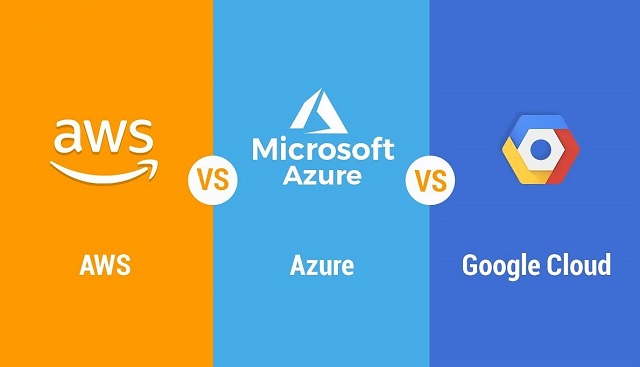
Government to slap taxes on online services without a plan for device uptake
Kampala, Uganda | JULIUS BUSINGE | Finance Minister, Matia Kasaija’s decision to impose a value-added tax on digital services without creating an enabling environment for the population to access internet-enabled devices such as smartphones reveals a disconnect between policies and the digitalization agenda.
The government has amended the Valued Added Tax Act requiring foreign remote providers of electronic goods and services to account for 18 % VAT on goods and services sold in Uganda. The move is to bring e-commerce transactions into the tax system.
In addition, the scope of electronic services on which VAT is applicable has been expanded to include among others, films, games of chance, advertising platforms, streaming platforms, cab-hailing services, cloud storage, and data warehousing.
People familiar with the budget told The Independent at the government’s decision to tax providers of digital service providers is welcome but it contradicts its aspiration of digitalizing the economy.
Hamuza Mukisa, an economist at an audit firm Ernst & Young – EY told The Independent on June 16 that the government’s decision is ‘a contradiction but we are grappling with widening the tax base.”
He said the new tax measure will affect Ugandans using social media and all the ICT-related services and that it may affect technology advancement.
Instead, Mukisa said the best way would have been to exempt it to enhance the usage and development of these facilities.
ICT enthusiasts said the government’s decision to invest in internet-infrastructure services including fibre optic and free Wi-fi hotspots to 820 locations, targeting schools, hospitals, and markets in the selected sub-regions without necessarily scrapping taxes on internet and devices such as smartphones to drive internet usage defeats the entire purpose.
“We will also digitally transform public service delivery by connecting all essential services, such as schools, hospitals, tourism sites, and the police to the national backbone,” Kasaija said adding that he has allocated Shs 192 billion towards accelerating digital transformation.
Civil society organizations under their umbrella body of the East African Budget Network had in February this year asked the government to review taxes on the internet and smartphones ahead of the financial year 2023/24, which starts on July 1, to drive smartphone uptake and internet usage, driving down the cost of internet.
However, the government has remained silent on the 12% tax on the internet and maintained a cocktail of taxes on the importation of mobile phone devices like 18% value-added tax and 10% import duty on mobile phones like smartphones, which according to the East African Community Common External Tariff, are exempted from paying import duty.
The latest data from Uganda Communication Commission shows that smartphone penetration, which should be easily accessible by the majority of the population, stands at approximately 29%. This means that internet usage is only heavy within formal business and company environments, leaving a huge underserved market.
Mukisa said reiterated that the new national budget is indeed silent on incentives related to internet-related devices like smartphones, tablets, and computers.
However, he was quick to add that, incentives have been discouraged by international agencies like the World Bank because they stifle revenue collection efforts and related developments.
Extra costs
Chris Kyazze an ICT specialist based in Kampala said, taxing digital network suppliers is a wise move by the government but it may require significant resources to achieve success.
For instance, he said there are several new website hosting service providers that are established on a daily in the advanced economies and cannot easily be identified by tax administrators.
“It means the Uganda government will need to have a database for all these players which may not be easy,” he said.
However, he said, the popular cloud service providers Amazon, google cloud Microsoft Azure, Alibaba Cloud services, Oracle Cloud Infrastructure, and more can easily be identified by the government to define mechanisms for them to comply with the new tax regime.
On the side of the consumers of these online services, Kyazze said, they will have to indirectly meet the cost which will be embedded in the tariffs or fees they pay to consume these services.
“This is an interesting development,” he said, “Let’s wait and see how the government will technically handle it. But whatever the case, it should be done in such a way that it does not defeat the purpose of promoting access to digital services linked to development.”
 The Independent Uganda: You get the Truth we Pay the Price
The Independent Uganda: You get the Truth we Pay the Price



